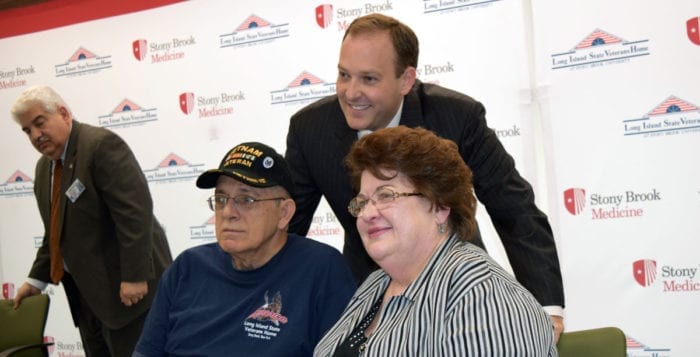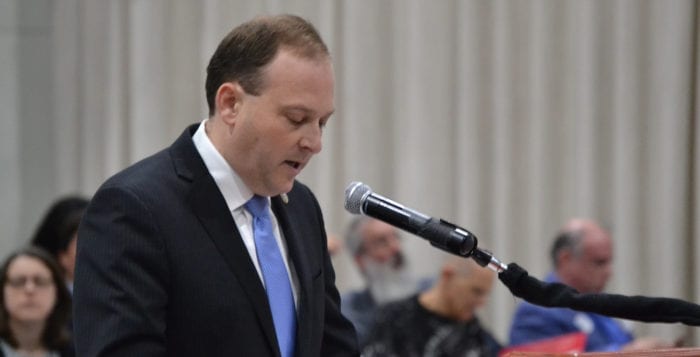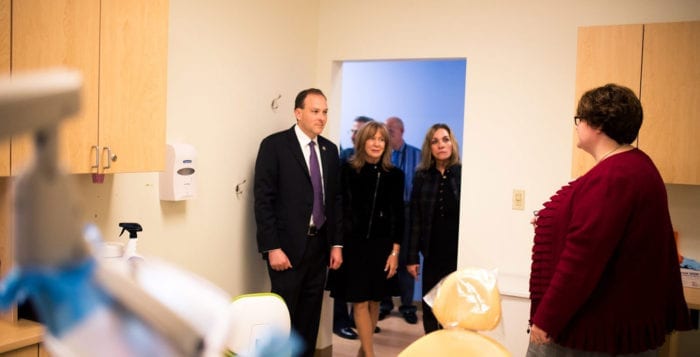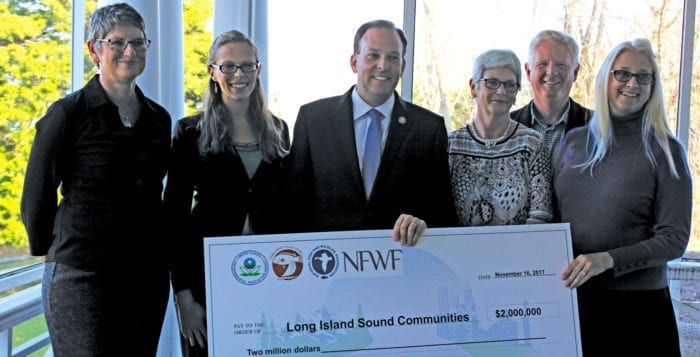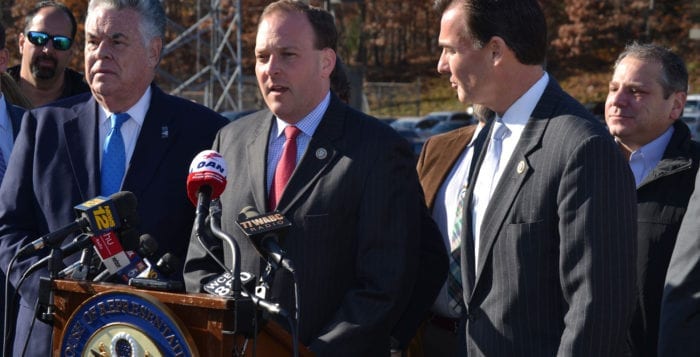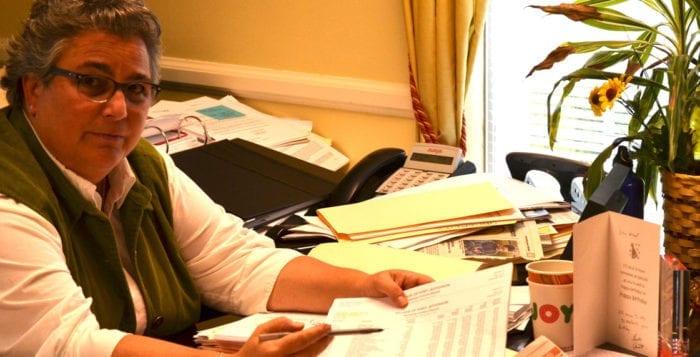The race for the right to challenge New York’s 1st Congressional District U.S. Rep. Lee Zeldin (R-Shirley) in November will be a five-way battle.
The candidates got enough signatures from voters to qualify to be placed on the ballot for the June 26 Democratic primary ahead of the April 12 deadline. June’s winner will face the two-time incumbent congressman and fervent supporter of President Donald Trump (R) in the general election Nov. 6. New York’s primaries are only open to registered members of the applicable political party.
Kate Browning
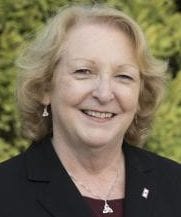
Browning is the former 3rd District Suffolk County legislator, a position she held beginning in 2005 before
being term limited out of office. She was born and raised in Belfast, Northern Ireland, before moving to Germany at 19 years old and eventually landing in Shirley with her husband Steve in 1989. The mother of three was a bus driver in the William Floyd School District prior to taking office.
“Our district deserves a representative that is going to fight for working families in Suffolk County,” Browning says in a section of her website entitled “Why I’m running,” while also touting her ability to work across the
political aisle. “I’ve focused on quality of life issues, rehabilitating foreclosed zombie homes and selling them to first-time home buyers, keeping them away from speculators and absentee landlords. And I’ve secured funding for clean water infrastructure to protect our drinking water and our shorelines.”
Elaine DiMasi

DiMasi, a political newcomer, was a federal contractor for more than 20 years in addition to more than two decades of experience as a project manager and physicist at Brookhaven National Lab. She describes herself as a lifelong environmentalist with firsthand knowledge about the potential to jump-start the local economy while safeguarding the environment through the establishment of clean energy jobs.
“I dare to believe in a government that cares for all its people equally, is responsive to them and their concerns,” she says on her campaign website. “An American future that values equality for its people that opens doors of opportunity for all. An America that leads by example through its laws and practices to ensure the dignity, well-being, and freedom of all people.”
Perry Gershon
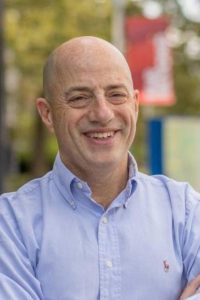
Gershon wastes no time in his personal bio on his campaign website declaring he is a businessman, and not a career politician, having spent more than 25 years in commercial real estate finance. The first-time runner for office says his decision to leave the private sector and seek political office is a byproduct of outrage at the state of politics in Washington, D.C. He points to his entrepreneurial spirit and ability to build consensus among diverse parties as evidence of his qualifications to represent NY1.
“I’m fed up,” he says on his campaign website as to why he’s running. “It’s time Long Island had a strong voice to fight for high-paying jobs, affordable health care, high-quality education and clean air and water. Rather than stand by as Donald Trump and Washington politicians try to divide us, we can rebuild the middle class.”
Gershon and his wife Lisa have two sons and live on the South Fork.
David Pechefsky

Pechefsky has extensive experience in government despite never holding elected office. The 1986 valedictorian at Patchogue-Medford High School has held various positions in government and politics during the last 20 years, including as a longtime staffer for the New York City Council, as well as a consultant for the National Democratic Institute from 2010-13. There, he worked to establish a legislative budget office to serve the Congress of Liberia. He also managed a U.S. government-funded program to strengthen the parliament of Somalia. He’s on leave from his current job as a senior adviser with Generation Citizen, a national nonprofit with the goal of fostering civic engagement.
“I am running for Congress because we need to put in place policies that make our economy work for everyone, not just the wealthy,” he says on his website. “I’ve spent my career working in government here in America and as an adviser to governments around the world and know how government can and should work to make things better for all us.”
Vivian Viloria-Fisher

Viloria-Fisher was also a Suffolk County legislator, serving the 5th District 13 years beginning in 1999. She was born in the Dominican Republic before moving to New York with her family as a child. She also worked as a Spanish teacher in Three Village school district for 12 years.
“As your representative, I will: fight for a national living wage; support job growth in sustainable energy and medical research industries; reinstate tax deductions for workers and students,” she says on her website, among other legislative priorities.
She touts her work on expanding public transportation services, creating a Welfare-to-Work commission in the county and her support for marriage equality prior to its legalization in New York among her proudest accomplishments.
Check TBR News Media in print and online for coverage of both the primary and general election in the coming weeks and months. All information about the candidates is from the Suffolk County Democratic Committee website or the candidates’ campaign sites.


